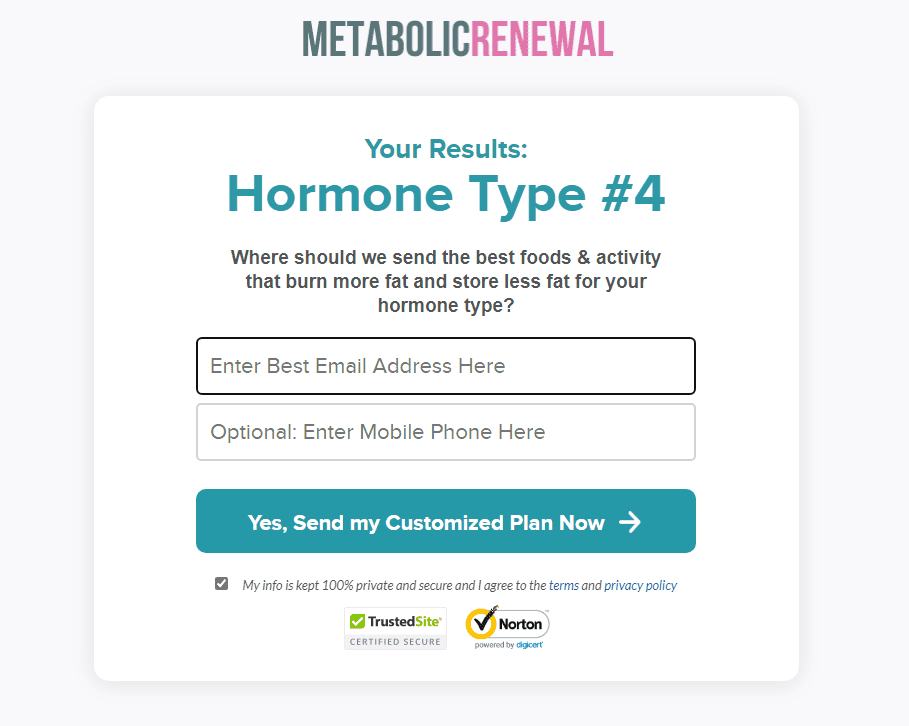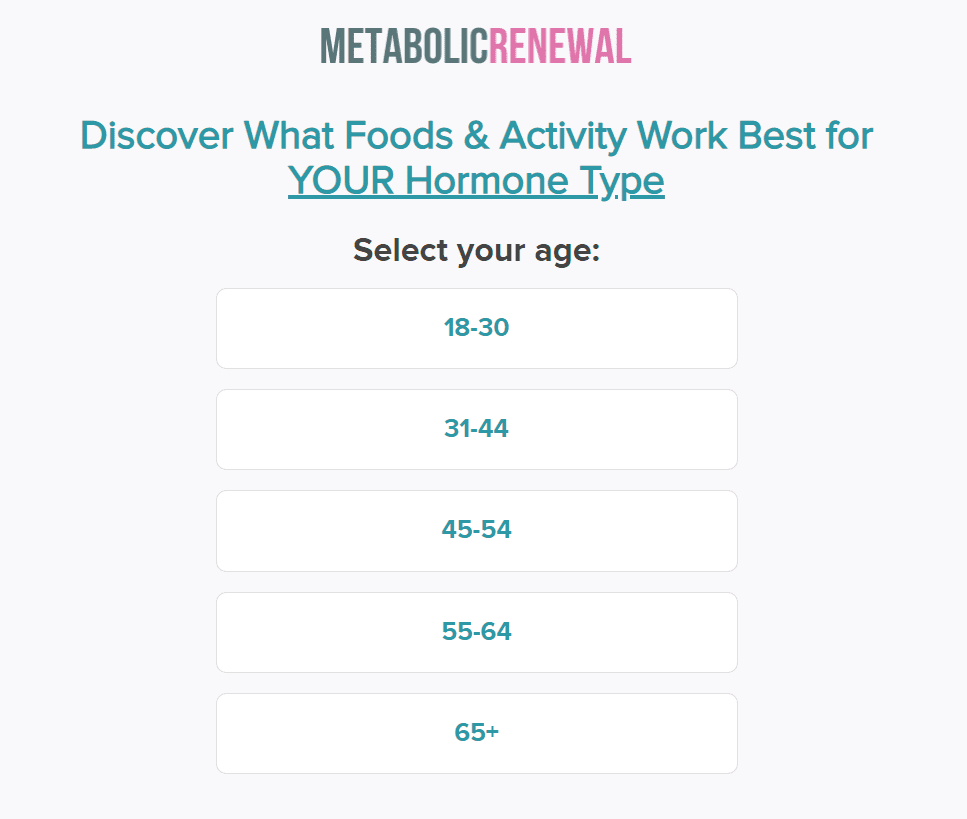You’re probably familiar with the saying, “You are what you eat.” What you may not know is that this also applies to your metabolism.
Your metabolism is responsible for burning calories and maintaining a healthy weight. If it’s sluggish, you’ll struggle to lose weight or maintain a healthy weight.
In this article, I’ll cover everything you need to know about the Metabolic Renewal Quiz, including what it is, how it works, how to take it, and more.
Let’s begin by know more about Metabolic Renewal Quiz.
What is a Metabolic Renewal Quiz?
The Metabolic Renewal Hormone Type Quiz asks you a few quick questions about your menstrual cycle, age, metabolism, and health in general in order to help you identify your primary metabolic hormone type.
With the help of each woman’s unique hormonal profile, the metabolic renewal program was developed by Dr. Jade Teta, a naturopathic physician who specializes in natural health and fitness.
The exam consists of eleven questions and each question includes information about your age, menstrual cycle, hormone levels, and other factors.
One of the key components of the Metabolic Renewal program is this quiz. As a result, it must be finished before the program even begins.
Overview :
- You will be led through a series of questions about your menstrual cycle, hormone levels, and general health in the quiz.
- The questionnaire must be completed in roughly 5 minutes.
- There are multiple-choice questions.
- There are no correct or incorrect answers, so try your best.
- Your metabolic hormone type will be determined once the test is over.
- Dr. Jade Teta will provide you with advice on how to enhance your metabolism for your hormone type in a video that you will have access to.
How to take Metabolic Renewal Quiz?
It’s simple and quick to finish the quiz. It only takes a few minutes and costs nothing.
You only need to answer a few straightforward questions about your way of life, menstrual cycle, age, physical description, and desired outcomes.

After you respond to the quiz questions about metabolic renewal, a video based on your responses will start to play.
Out of a possible seven types, your hormone type will be displayed. The video also discusses the seven various hormone types that women may encounter.
Who should take this Quiz?
This quiz is specifically tailored for women and is open to females of any age who want to learn more about their bodies and hormone types.

A brief overview of questions that can be asked in the Metabolic Renewal Quiz:
- Your Age Group?
- What would you say about your monthly cycle?
- What would you say about your hormone use?
- What would you call your medical background?
- What would you say your body type is?
- What was the most irritating symptom you experienced during PMS (the one to two days before the start of your period)?
- What was the most irritating symptom you experienced during your real period?
- What is the main obstacle preventing you from exercising as frequently as you should?
- Why do you find it difficult to maintain a healthy diet?
- What is your next most essential problem to solve after losing weight and building muscle?
- Is this your first time learning about your hormone type, the ideal meals, exercises, and lifestyle modifications for you?
The Seven Metabolic Hormone Types
All seven of these hormone kinds are roughly dependent on the state of your body’s estrogen and progesterone balance at the time.
1. Estrogen And Progesterone Balanced
The majority of diets that are “designed for women” are based on this hormone profile. Both of the important hormones have a natural ebb and flow in a woman with this hormone-type cycle.
Progesterone rules the second half whereas estrogen rules the first. Cutting fat and weight can be a bit troublesome for women with such a hormone profile.
2. Estrogen Dominant
During their monthly cycle, some women endure an extended period of estrogen dominance.
This is likely to be persistent and normal if inherited. An estrogen imbalance can, however, also be fueled by negative feelings like stress, worry, and grief.
According to recent studies, environmental pollutants might be involved. No matter what the cause is, excess estrogen can put your body into a defense mode that makes it store fat, particularly in the hips, and waist.
3. Progesterone Deficient
As a result of cortisone, your body begins to store fat. The hormone progesterone plays a role in maintaining a healthy level of cortisone.
Cortisone takes control when there is a drop in your progesterone levels. Abdominal fat loss may be difficult in light of this hormonal imbalance.
4. Estrogen Progesterone Deficient
Dr. Jade Teta refers to this hormonal disorder as “ovarian tiredness.” In most cases, it follows a period of intense physical or emotional stress. Stress causes your body’s metabolism to speed up.
Your vital metabolic hormones lose their potency if this period of amplified metabolism lasts for an excessively long time. Fat gain ultimately follows.
5. High or fluctuating Estrogen with Progesterone Deficiency
At the start of menopause, progesterone levels often decrease while estrogen levels stay high. Some pretty odd symptoms may be associated with this hormone imbalance. Unintentional weight gain may be one of them.
You might experience odd, nearly inexplicable eating cravings. At this stage, your body also undergoes a change in how it digests food.
High-fat foods that you frequently consumed in the past without experiencing any negative effects may now cause your hip size to increase quickly.
6. Menopause
During menopause, the levels of progesterone and estrogen decrease, sometimes dramatically.
These two hormones, which are normally present in high concentrations throughout your life, are now free to work in ways they might not have been able to previously.
Stress can cause unreasonable reactions, to name one. You may be familiar with stress eating. And even to make matters worse, your resistance to insulin increases.
Even if you do not even overeat, it’s still considerably simpler to put on weight.
7. Post Menopause- Estrogen and Progesterone Deficient
Your hormone profile closely resembles that of a male after you have reached full menopause. During this period, testosterone predominates significantly more.
Many women gain persistent belly fat at this time.
Conclusion
As you can see, there is no one-size-fits-all answer when it comes to hormones and weight loss.
Depending on your hormone type, you may experience difficulty losing weight or keeping it off. However, with the right knowledge and tools, you can overcome these challenges and achieve your weight loss goals.
The Metabolic Renewal Quiz is a great starting point to help you understand your hormone type and how it affects your weight.

